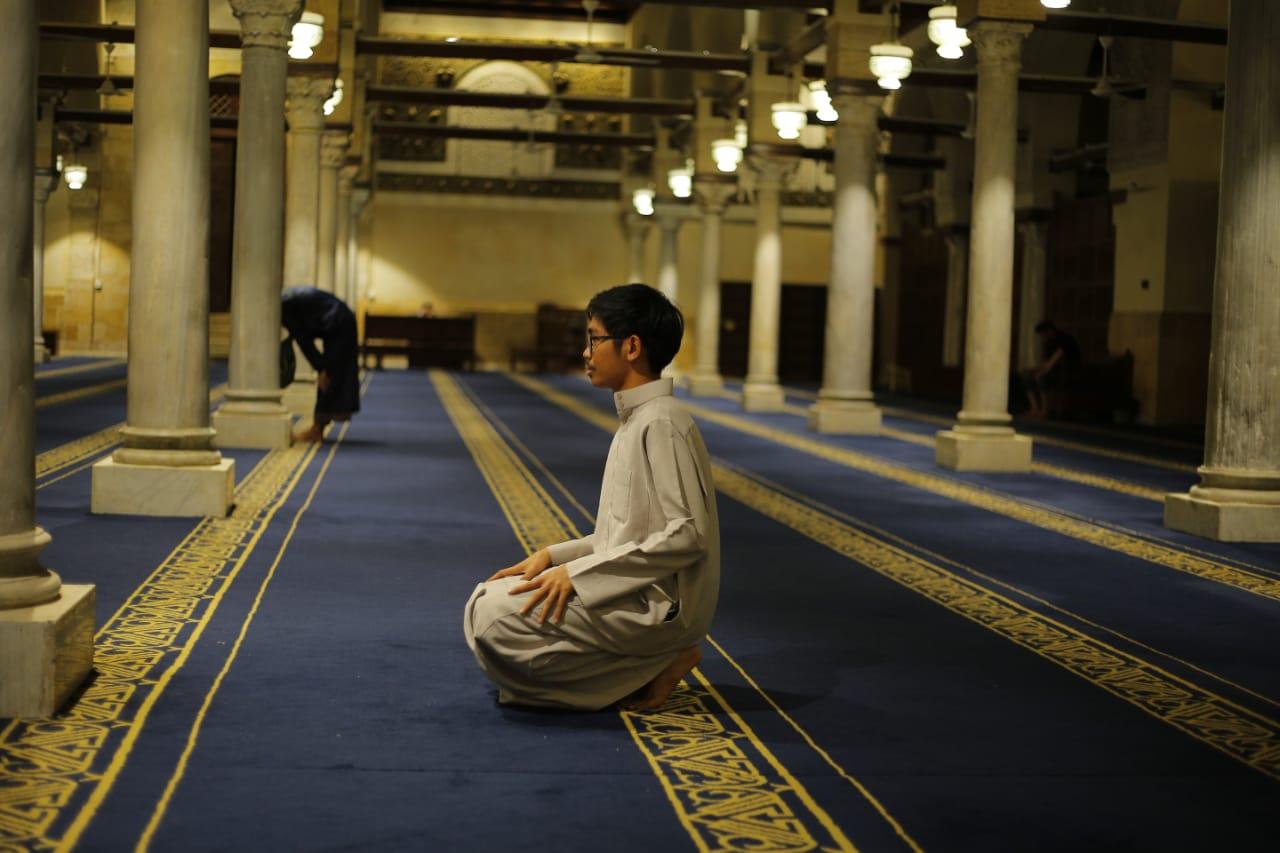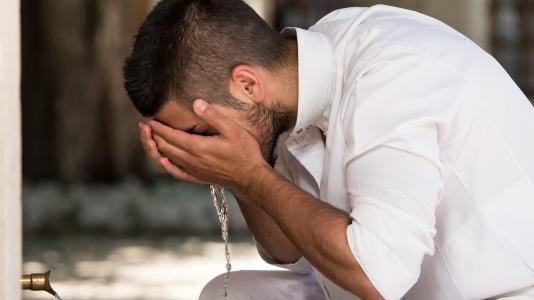Dar Al-Ifta Explains the Ruling on Praying Against Harmful People
Dar Al-Ifta explains that praying for harm or illness upon someone who causes harm is not permitted in Islam, recommending responding with good and praying for guidance, with recourse to legal measures if necessary.

Dar Al-Ifta received a question regarding the ruling on praying against a neighbor who harms others with offensive speech and foul language, and someone praying for illness, such as cancer, upon them. The authority clarified that the harmful person’s actions are sinful, while a Muslim should respond to harm with good and pray for their guidance. The Quran emphasizes: ﴿Repel evil with what is better; then the one between whom and you there was enmity [will become] as though he was a devoted friend﴾ [41:34].
Praying harm or illness upon a fellow Muslim is not permitted, as it constitutes harm, contrary to the Prophet’s saying: “Do not harm and do not reciprocate harm” (Malik). Recommended ways to address harm include:
Responding with good conduct and kindness, countering evil with good.
Praying for the wrongdoer’s guidance and repentance.
Resorting to legal action if the person persists in harmful behavior.
Dar Al-Ifta also emphasized the importance of maintaining good neighborly relations, citing the Prophet’s saying: “Gabriel continued to advise me regarding the neighbor until I thought he would inherit from him,” highlighting the significance of patience, good manners, and ethical conduct when facing offenses.
أوضحت سنة النبي ﷺ أن هناك 4 عبادات صالحة تعادل قيام الليل، منها صلاة الجماعة وقراءة القرآن وحسن الخلق، ليحصل المؤمن على ثواب عظيم دون عناء.
تؤكد دار الإفتاء أن قراءة سورة يس لها فضل عظيم، ويجوز قراءتها بنية قضاء الحاجات والتفريج من الكربات، مع العلم بأن استجابة الدعاء بيد الله تعالى.
الوضوء قبل النوم سنة عظيمة للرسول ﷺ، تجلب الطمأنينة وتحمي من الشرور، تعرف على 8 مكافآت ربانية لهذا العمل البسيط الذي يرفع درجات الإيمان ويغفر الذنوب.
الصدقة في الإسلام لا تقتصر على المال، فكل عمل نافع أو قول حسن هو صدقة، وهذه ستة أمثلة لأعمال يمكن للفقراء القيام بها دون نقود للحصول على الأجر العظيم.



